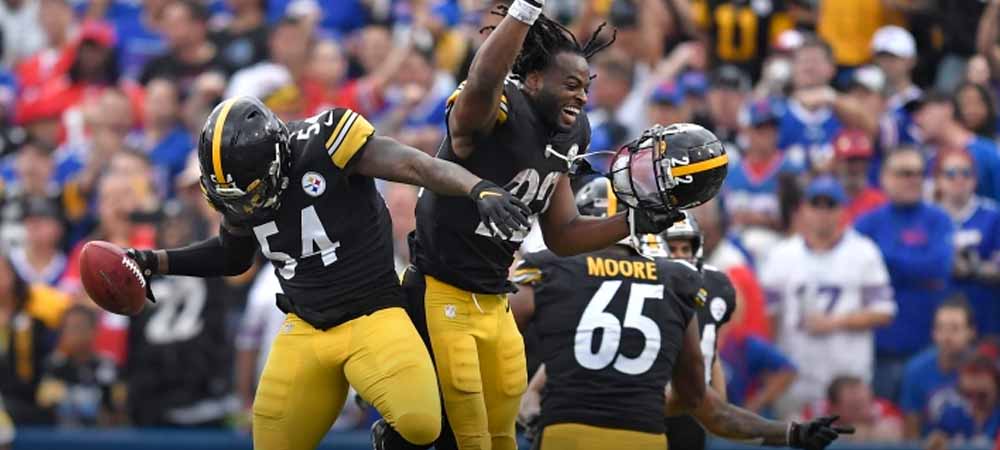- There were 12 of 16 underdogs who covered the spread in Week 1 of the NFL season.
- Nine of those underdogs also won the game straight up.
- Was it more profitable to bet on underdog spreads or moneylines in Week 1 football games?
LAS VEGAS - Week 1 in the NFL was a good week for underdogs, especially against the spread.
12 of the 16 underdogs involved in Week 1 games covered the spread and nine of them won their games straight up.
Assuming a sports bettor placed a unit on each underdog on the spread, they would have invested 16 units and come out with around 10.92 units in winnings with 12 wins and four losses.
This means they would have made around 22.92 units back in total on a 16 unit investment for a profit of 6.92 units.
Moneyline Vs. Spread?
However, the moneyline may have been even more profitable, due to the fact that the gambler is getting better underdog odds on the moneyline than on the spread.
The spread, after all, almost always comes with -110 odds, which limits the potential profit of spread betting, even when almost all of them cover.
On the moneyline, however, there were nine wins by underdogs, and generally at far better odds than -110.
In fact, the shortest underdog victor, the Los Angeles Chargers, had +120 odds to win their game.
The longest underdog victor, the Pittsburgh Steelers, had +250 odds to defeat the Buffalo Bills.
If a bettor placed a unit on each underdog on the moneyline, they would have wagered 16 units, and won back 9 of those units, along with 15.26 units in payouts.
This leaves them with around 24.26 units, an 8.26 unit profit, which means they’ve received more than a 50% return on their 16 unit investment.
Finding Profit, Not Wins
This is a nice illustration of the power of odds. At first glance, it may seem like the smart play was to play the spreads, as 12 out of 16 underdogs covered.
However, given the way the betting lines shook out, it seems like more profit could have been gleaned by taking the underdogs on the moneyline, since even though less of them hit, the profit potential was higher.
In other words, gamblers should remember to seek profit, not wins. The bettor who wagered on all the underdogs on the spread saw more wins, but the bettor who wagered on the underdog moneylines received more money in the long run.
Week 1 was certainly a good week for underdogs, so NFL bettors should not take this as an endorsement of betting strategy going forward, just an intriguing note about what has already happened in the season.
Online gambling fans should already be familiar with the concept of sample size, and in this case, the sample size is far too low to state anything with predictive confidence - we can only look back, and examine what could have been.
